Audio available in app
Cultural backgrounds influence our beliefs and behaviors from "summary" of Tell Me Who You Are by Winona Guo,Priya Vulchi
Our cultural backgrounds shape the lens through which we view the world and influence our beliefs and behaviors in profound ways. Growing up surrounded by particular traditions, values, and customs, we internalize these aspects of our culture and come to see them as the norm. These cultural norms become ingrained in our psyche, guiding our thoughts, actions, and interactions with others. As we navigate the complexities of society, our cultural backgrounds serve as a compass, guiding us in how we interpret and respond to different situations. For example, someone raised in a collectivist culture may prioritize the needs of the group over individual desires, while someone from an individualistic culture may prioritize personal autonomy. These contrasting viewpoints can lead to misunderstandings and conflicts when people from different cultural backgrounds interact. Our beliefs are deeply intertwined with our cultural identities, shaping our perceptions of right and wrong, truth and falsehood. These beliefs are not static; they evolve and adapt over time as we are exposed to new ideas and experiences. However, our cultural backgrounds provide a foundation upon which our beliefs are built, influencing how we make sense of the world around us. Cultural backgrounds also influence our behaviors, dictating how we express emotions, communicate, and form relationships. For example, the concept of respect may manifest differently in various cultures, leading to differences in etiquette and social norms. These behavioral differences can lead to misunderstandings and misinterpretations, highlighting the importance of cultural awareness and sensitivity in our interactions with others. In a diverse and interconnected world, understanding the impact of cultural backgrounds on beliefs and behaviors is essential for fostering empathy, tolerance, and mutual understanding. By recognizing and appreciating the diversity of cultural perspectives, we can bridge the gaps that divide us and build a more inclusive and harmonious society. Our cultural backgrounds are not limitations but rather opportunities for growth and connection, enriching our lives and expanding our worldview.Similar Posts
Time orientation varies between cultures and affects planning
In today's globalized world, it is essential to understand that different cultures have varying perspectives on time. This can ...
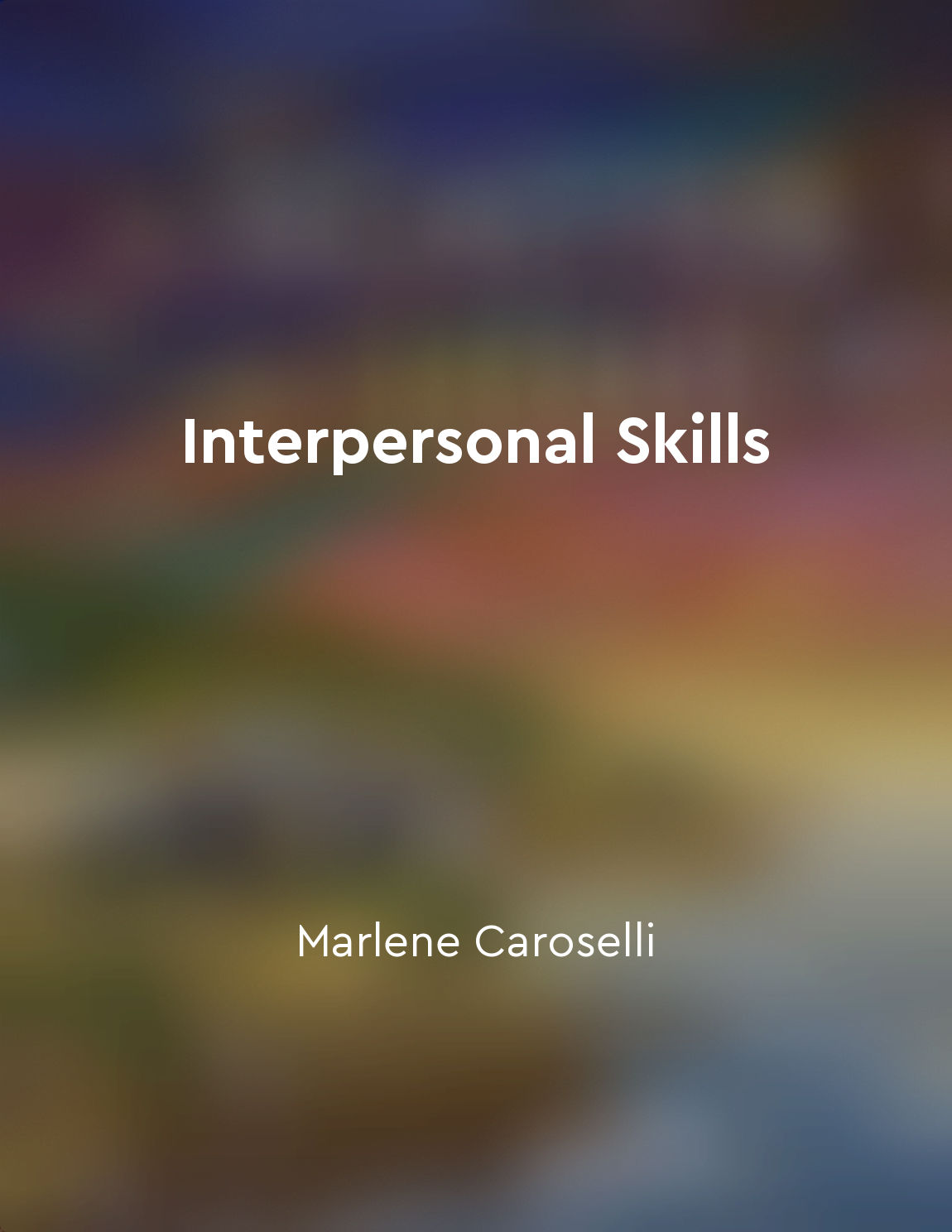
Conflict resolution requires effective negotiation skills
Effective conflict resolution often hinges on the ability to negotiate effectively. Negotiation skills play a crucial role in f...
Scientific advancements revolutionized the way humans understood the world around them
Scientific advancements have played a crucial role in reshaping human understanding of the world. Through discoveries and innov...
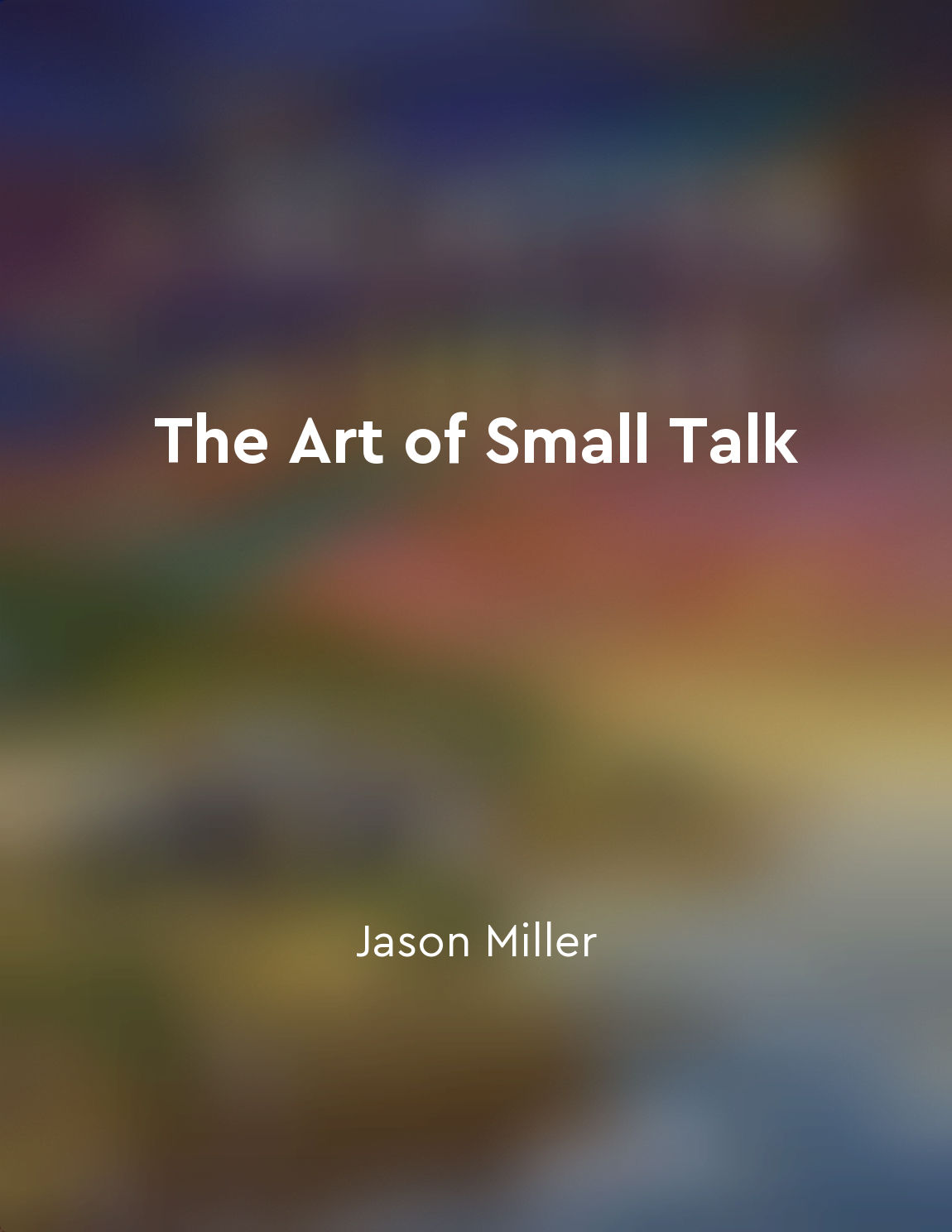
Use openended questions to encourage more dialogue
When engaging in small talk with someone, it's important to keep the conversation flowing smoothly. One way to encourage more d...
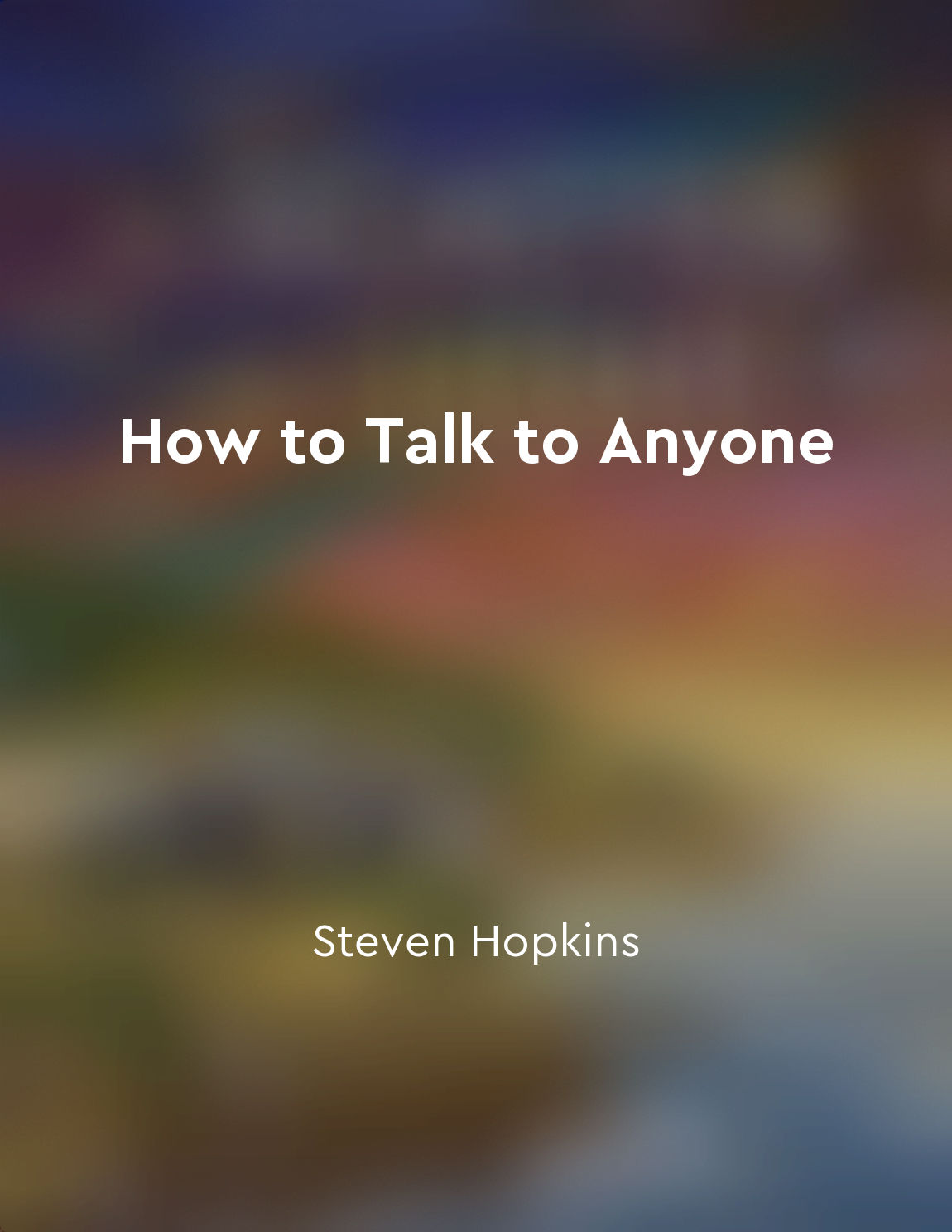
Practice active listening skills
Learn how to improve your communication skills by practicing active listening. By engaging fully in conversations and showing g...
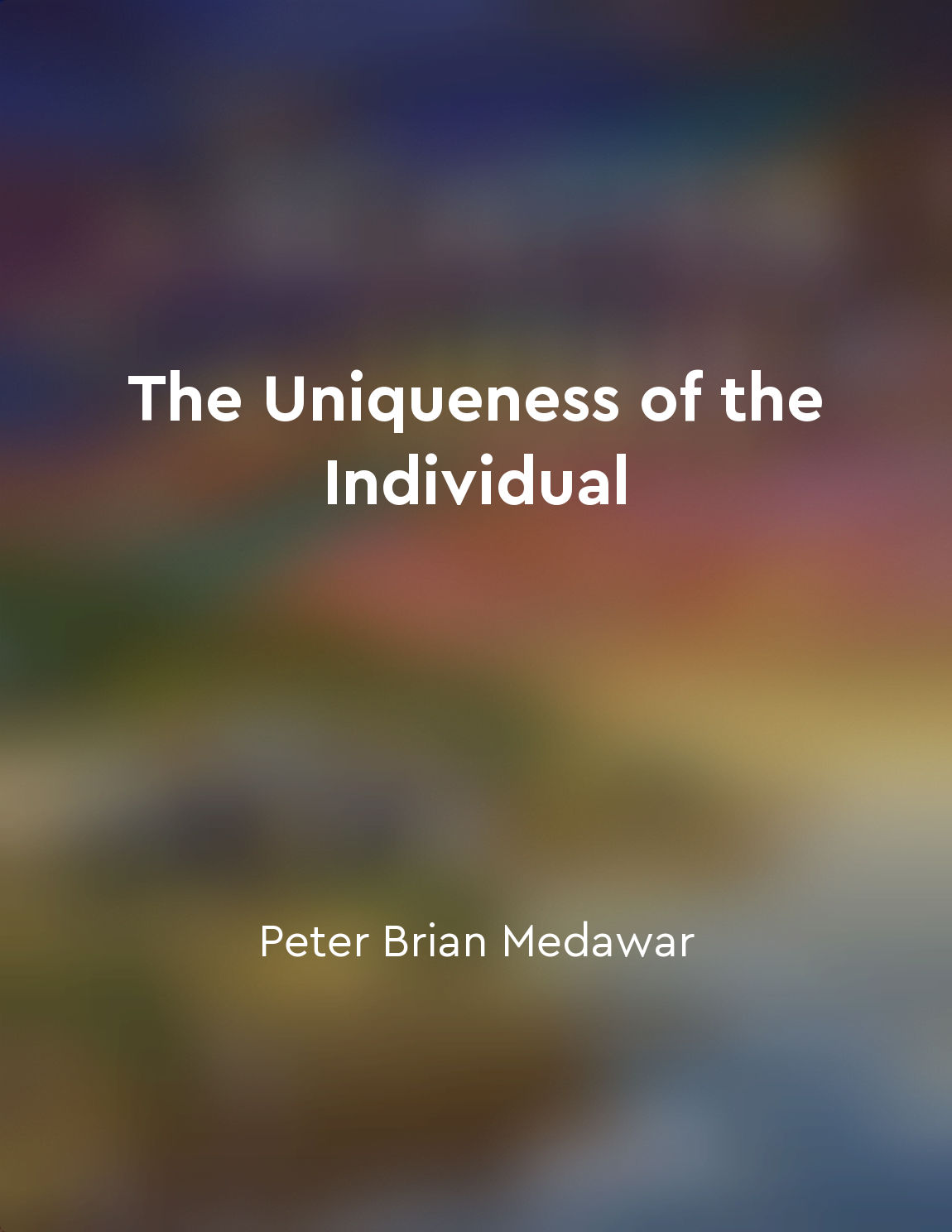
Individual differences can be both subtle and profound
Individual differences among organisms are a fundamental aspect of biology, reflecting the diversity and complexity of life its...
Linguistic markers cue conversational shifts
The words we use when we speak can serve as cues that signal a shift in the direction of a conversation. These linguistic marke...

Show genuine interest in the other person
To have a successful small talk conversation, it is crucial to show genuine interest in the other person. This means being atte...
Compromise is essential in relationships
In any relationship, whether it be between partners, family members, or friends, compromise is a key ingredient for success. It...
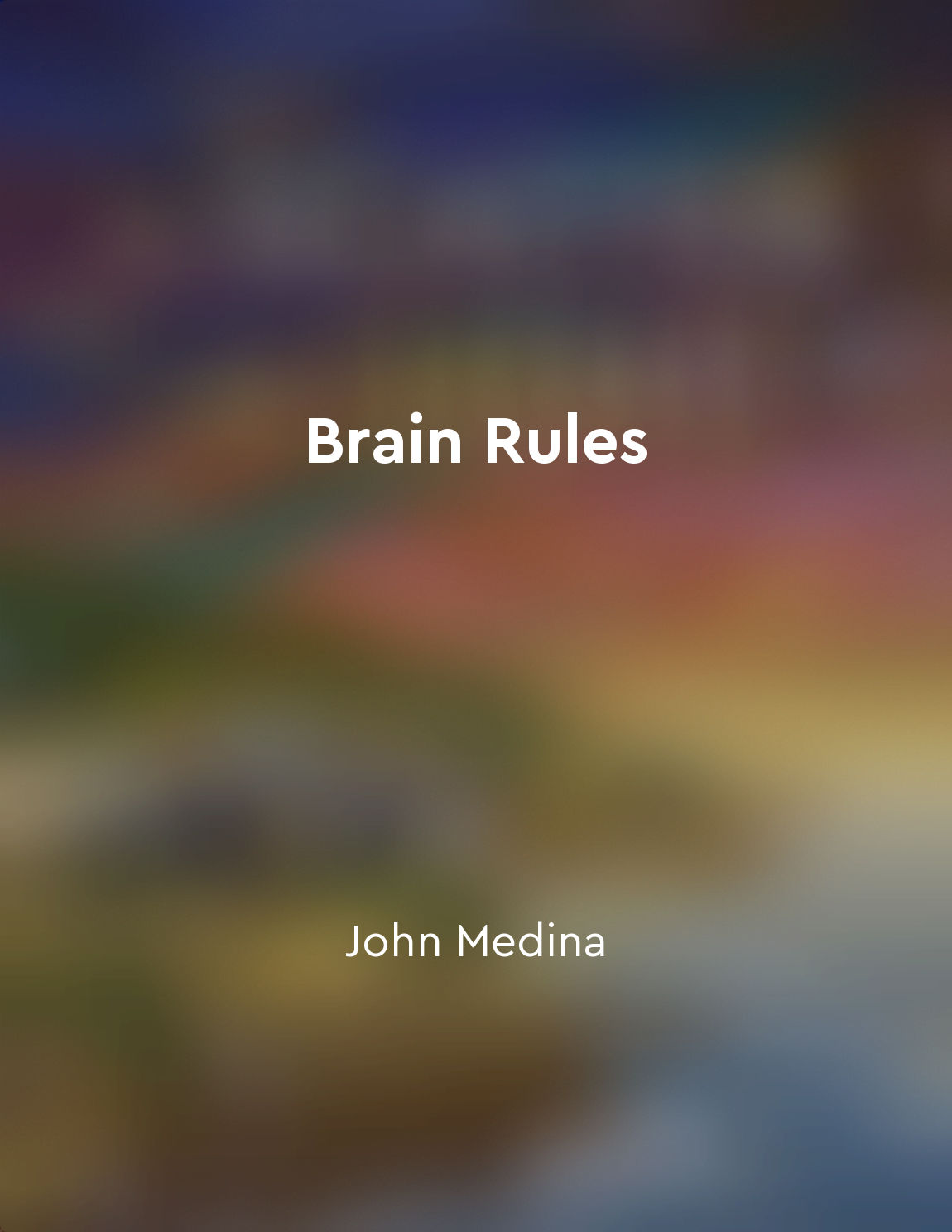
Make your point in the first ten minutes
When you're giving a presentation, it's important to remember that your audience's attention span is limited. Research shows th...
